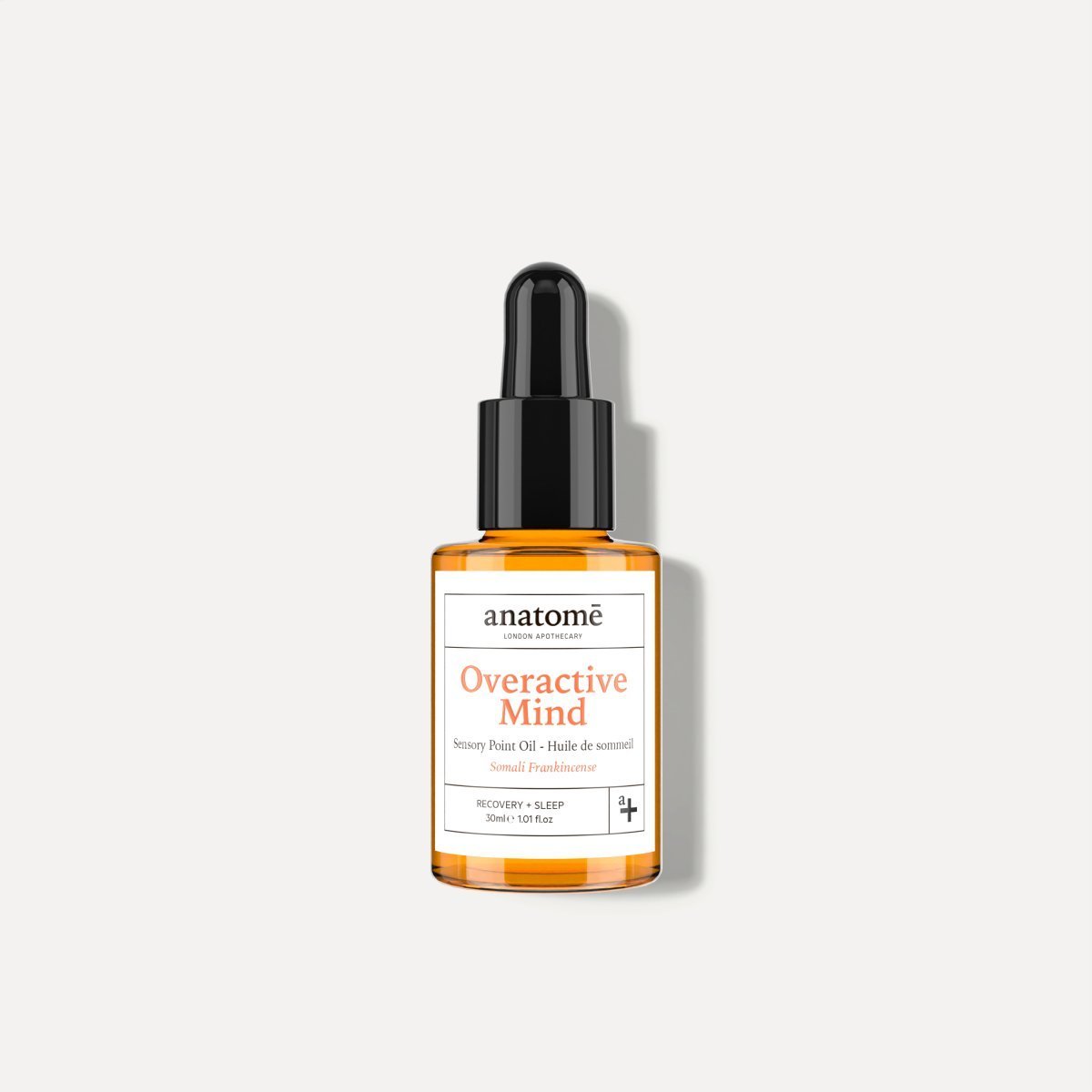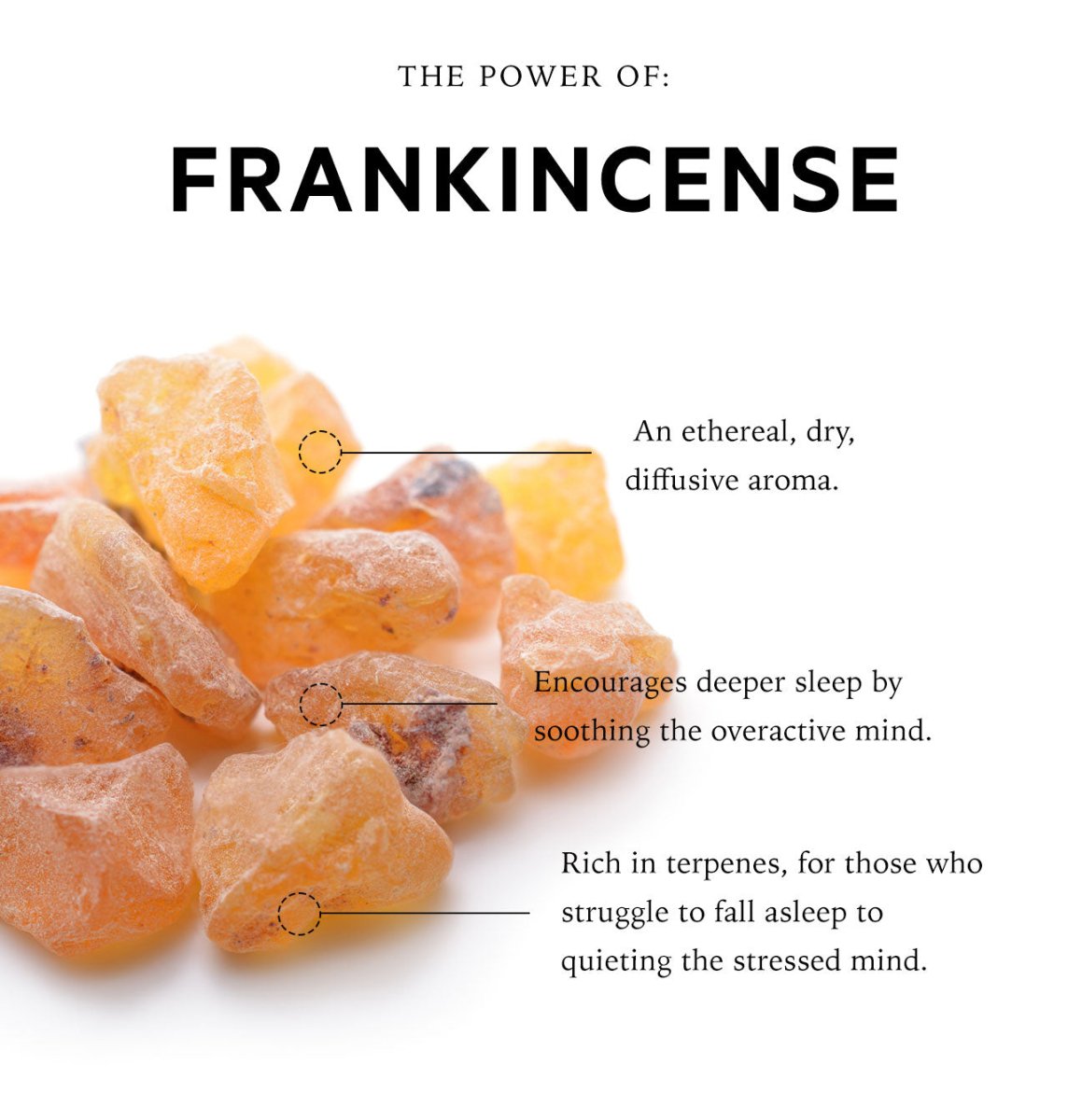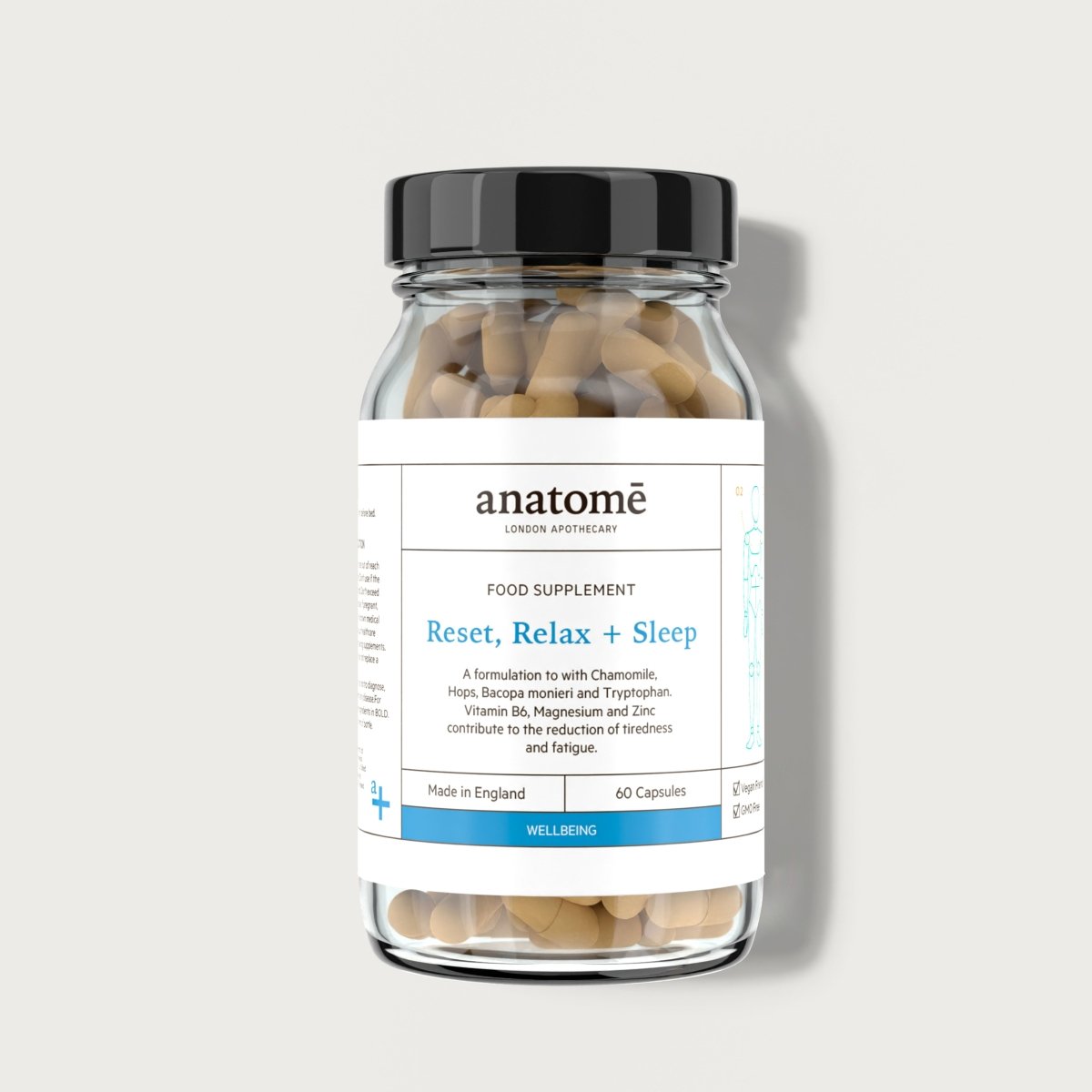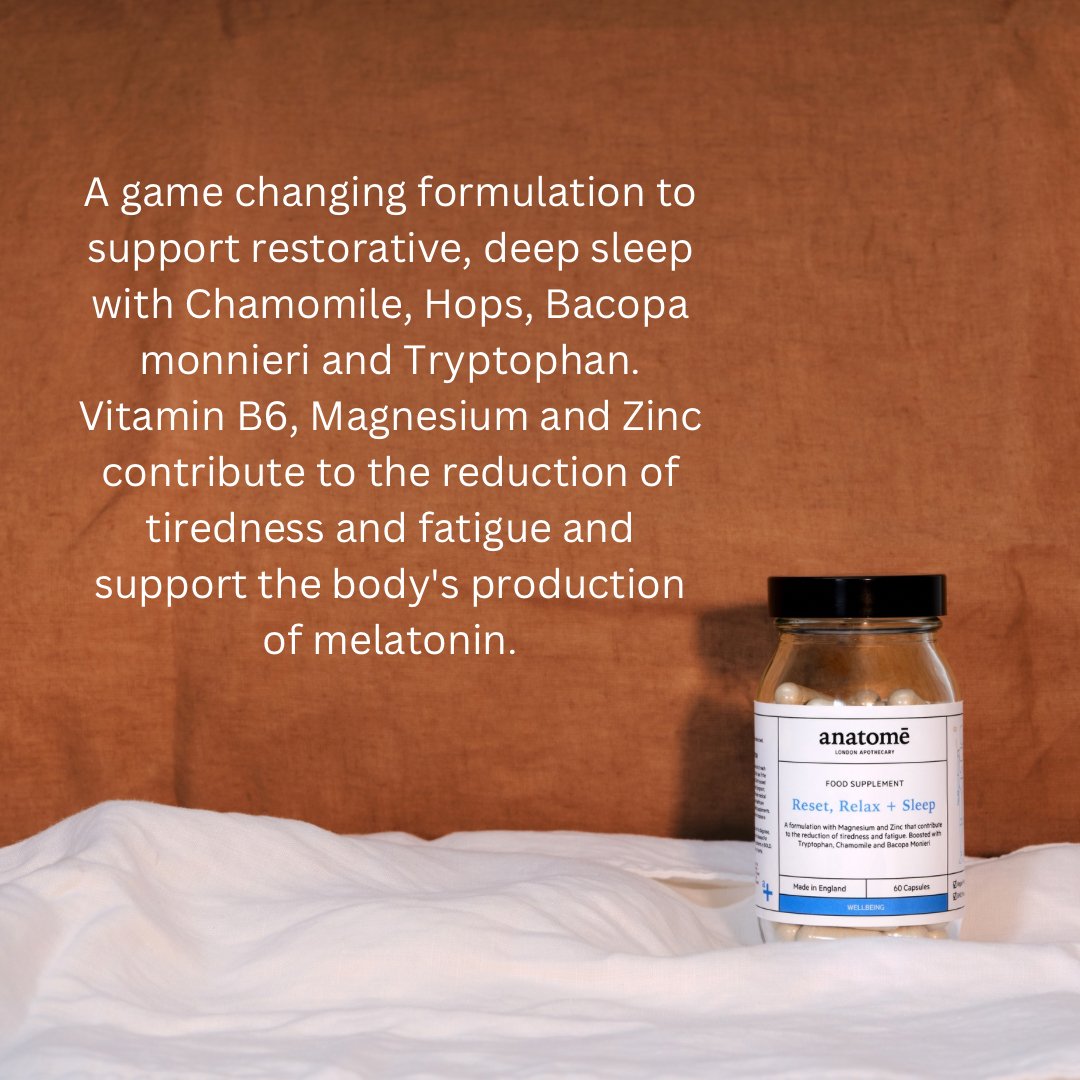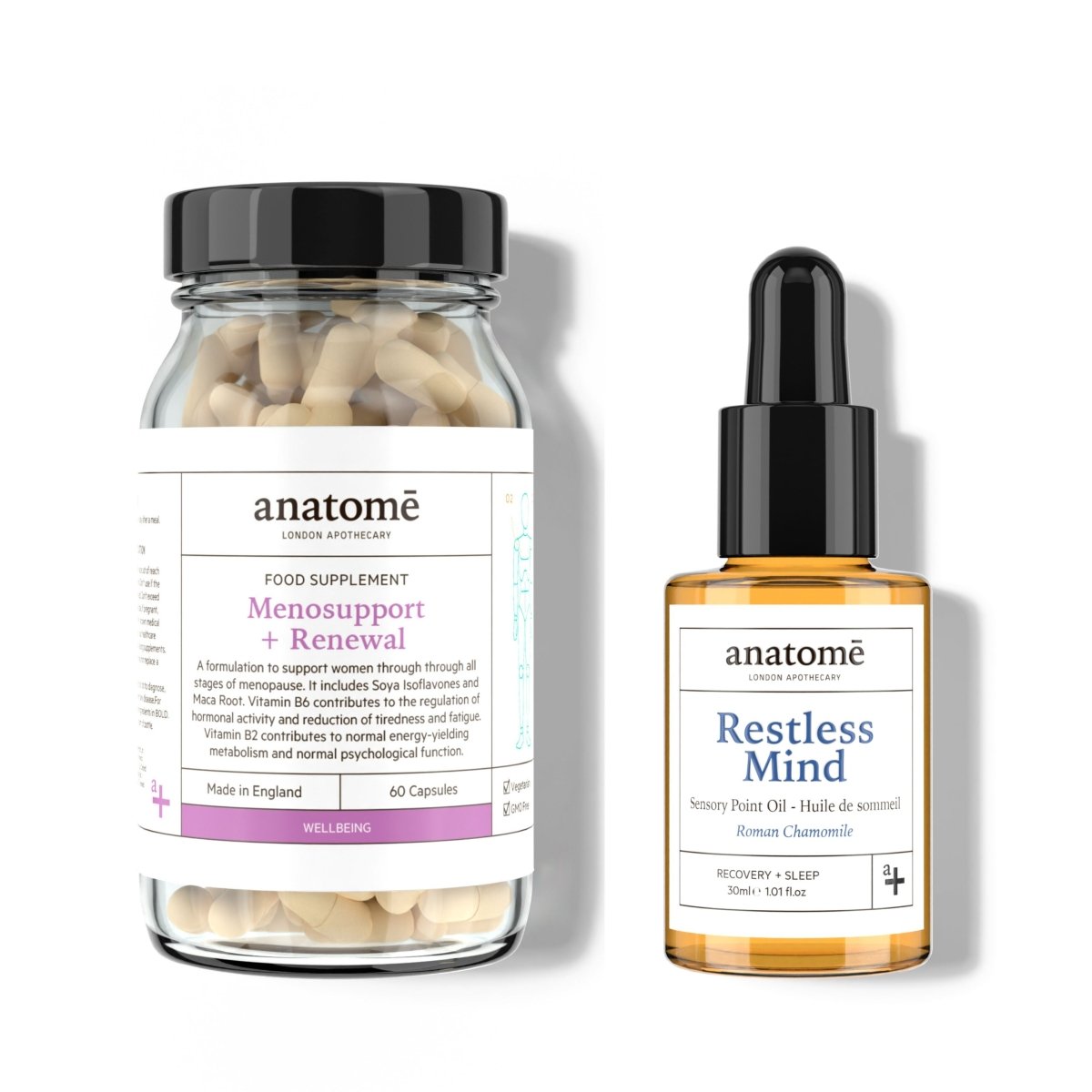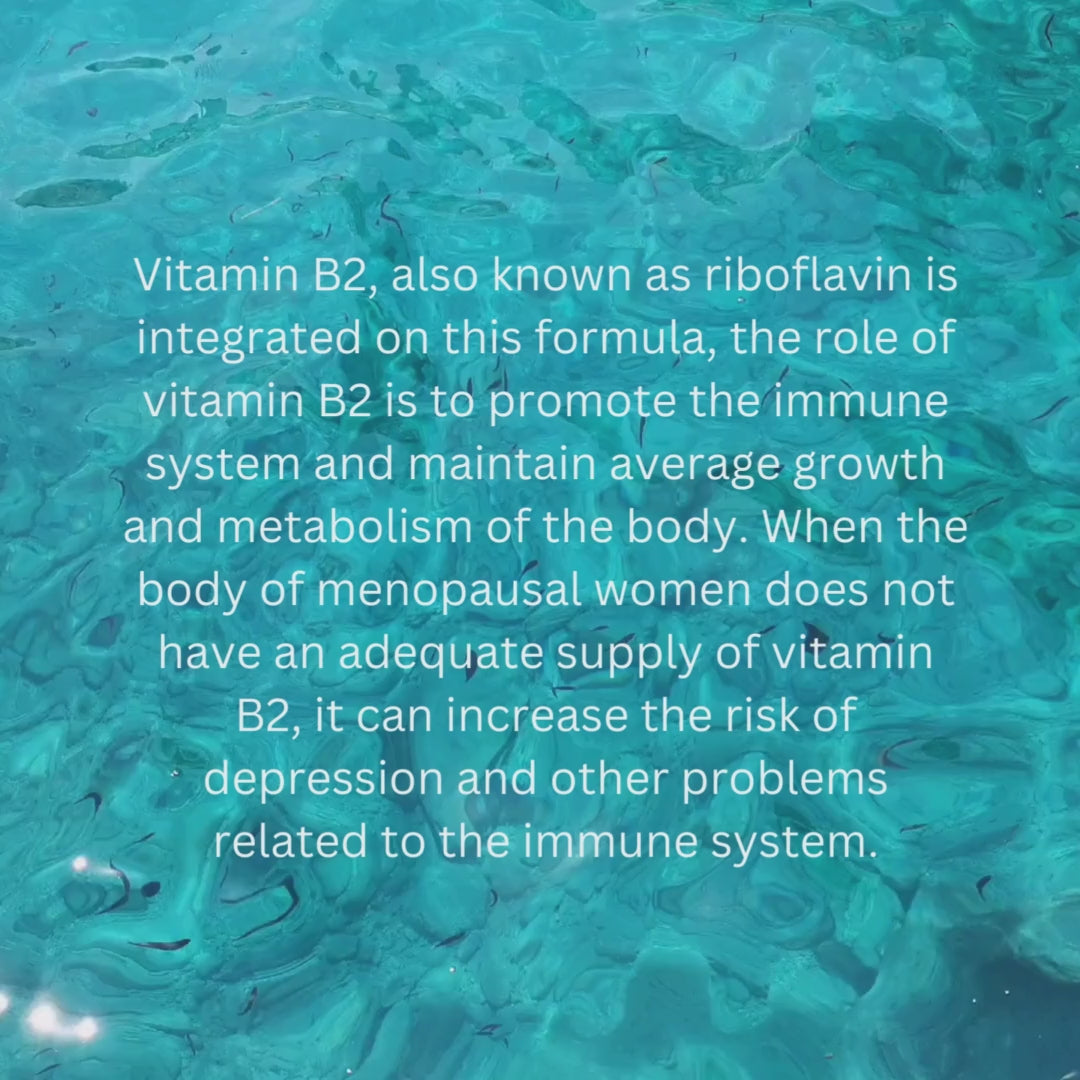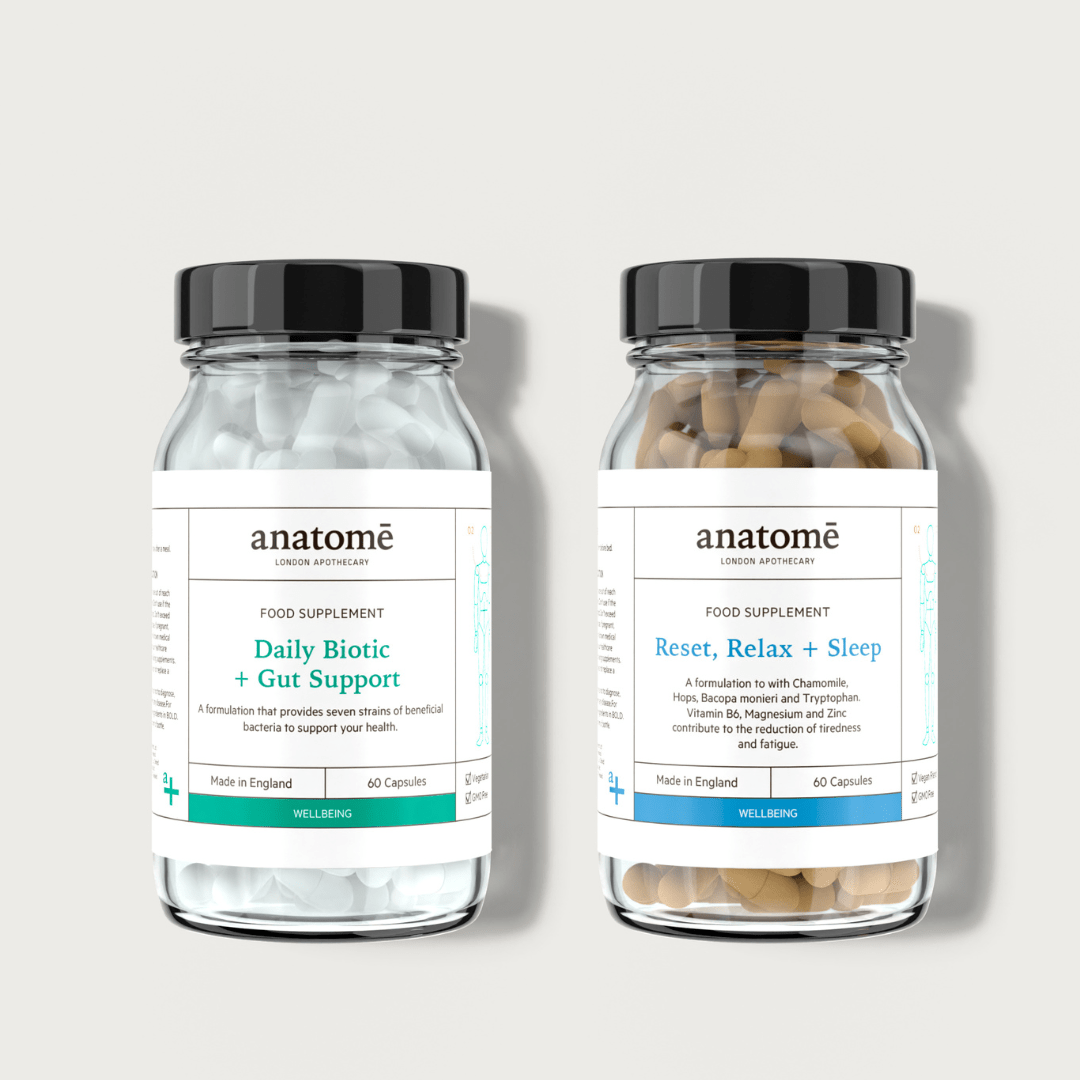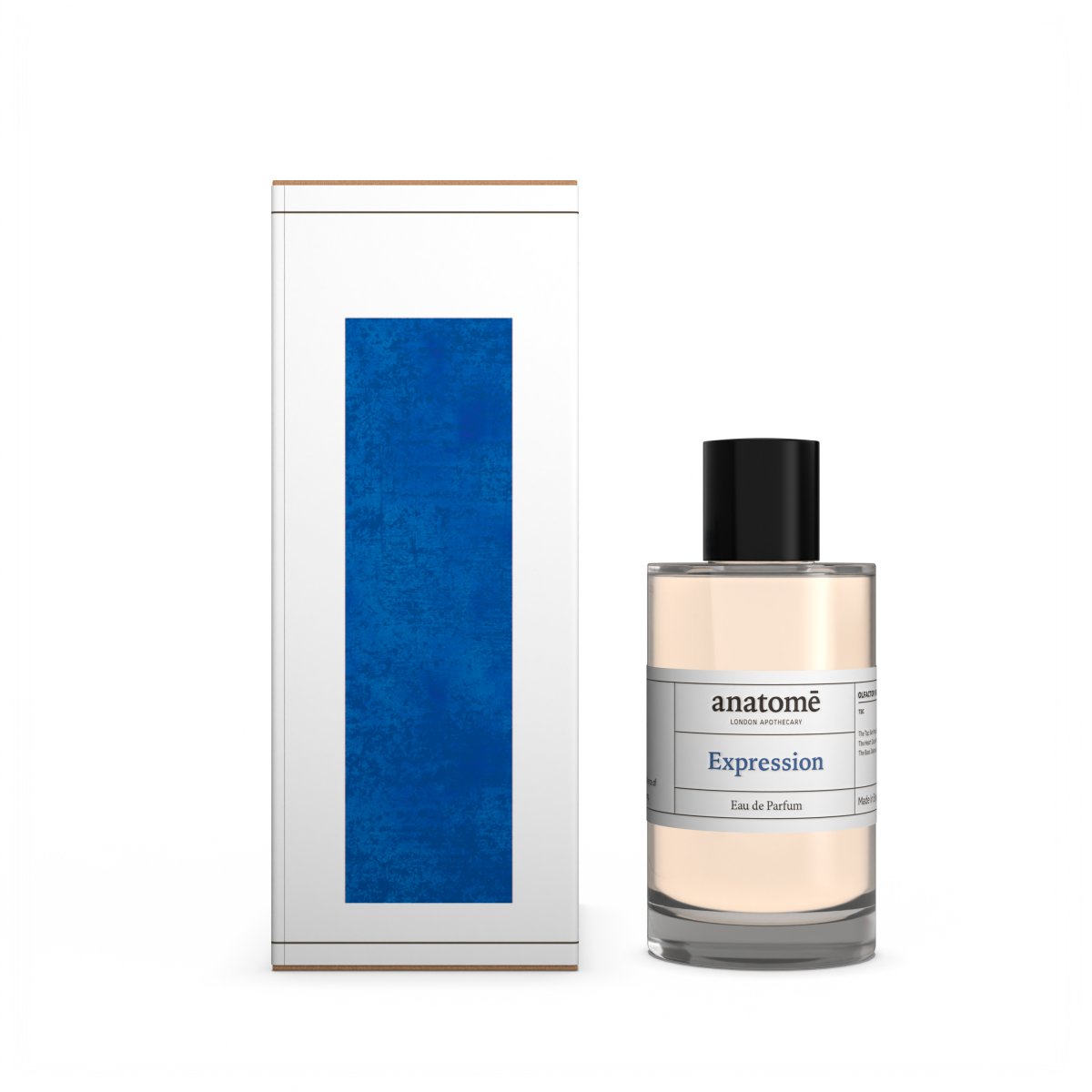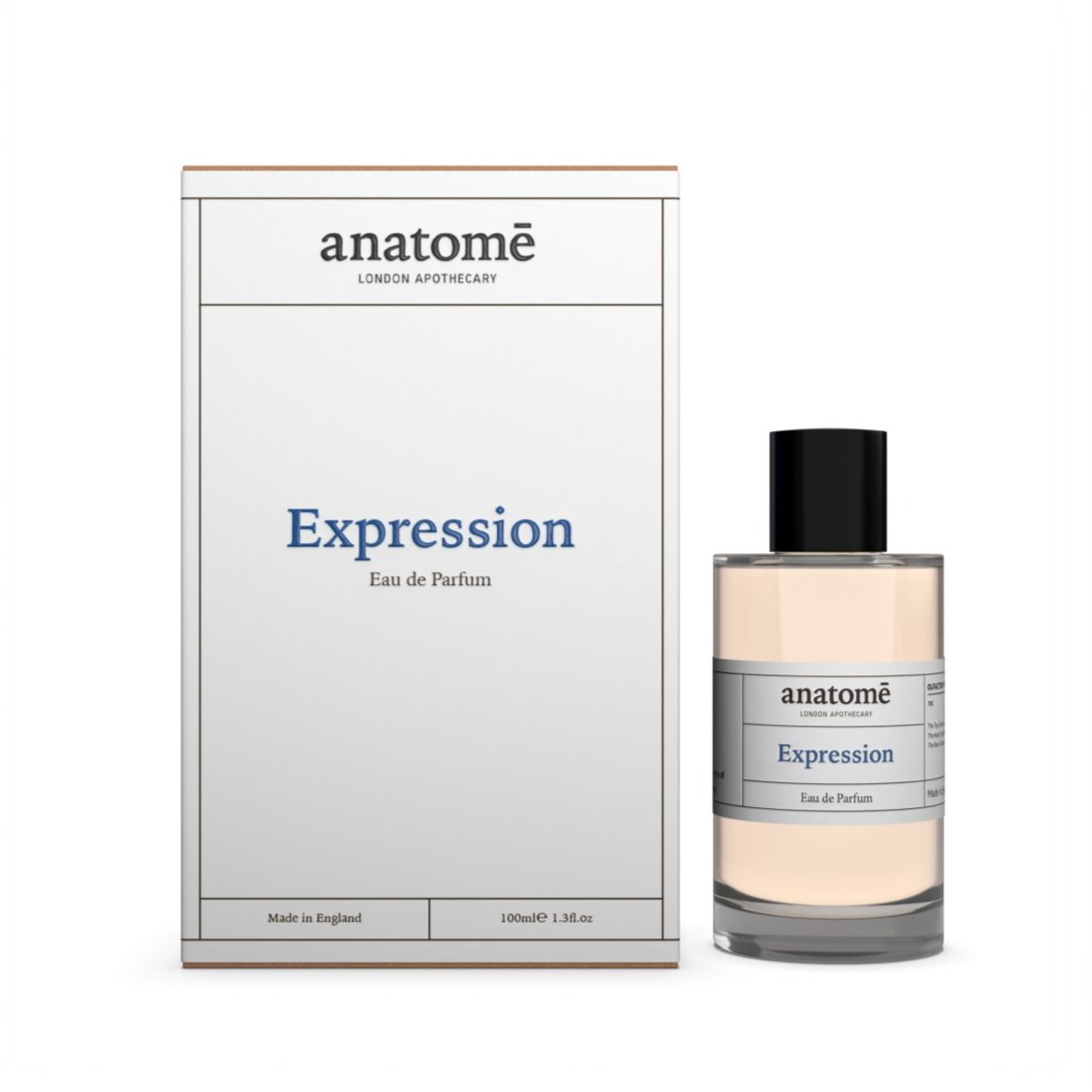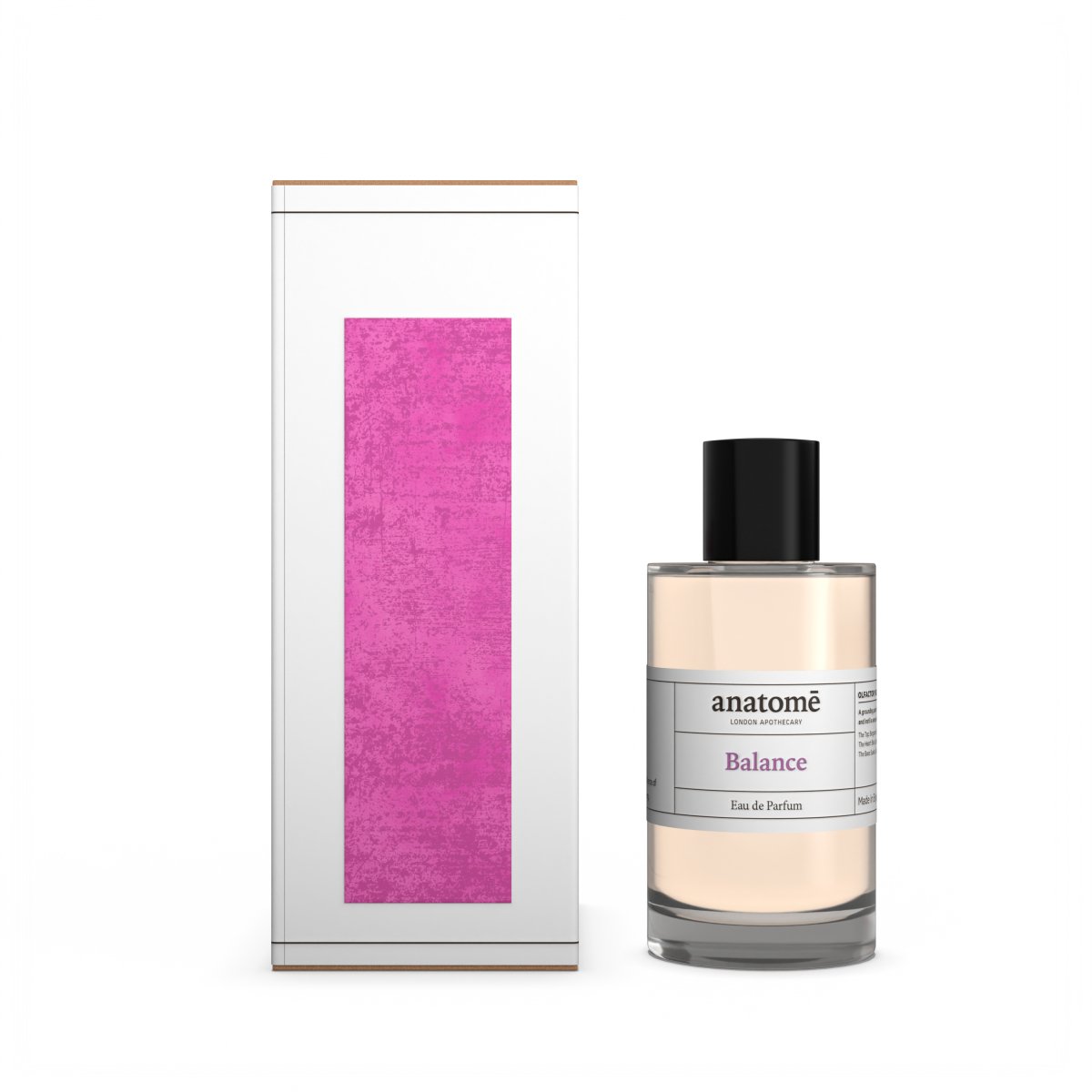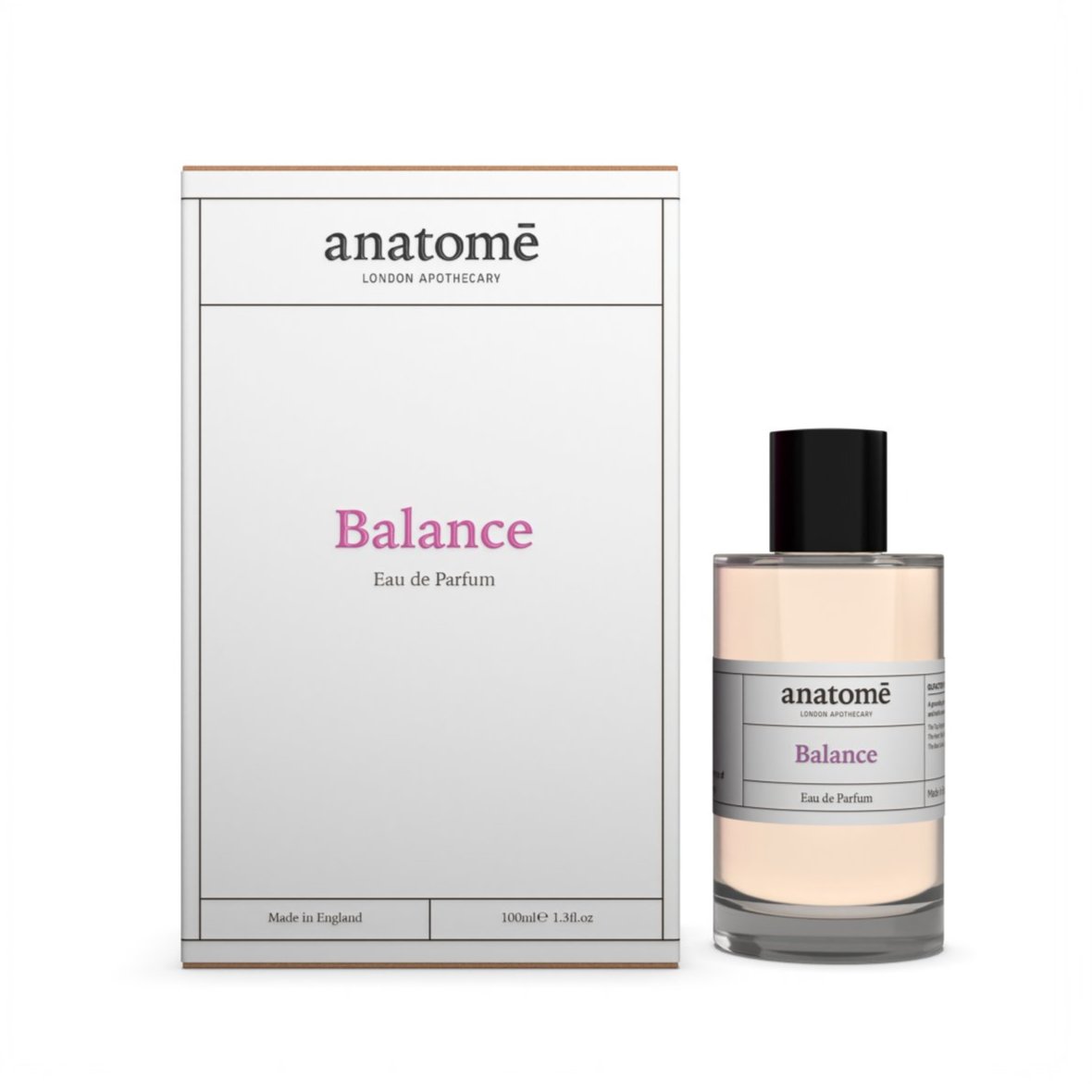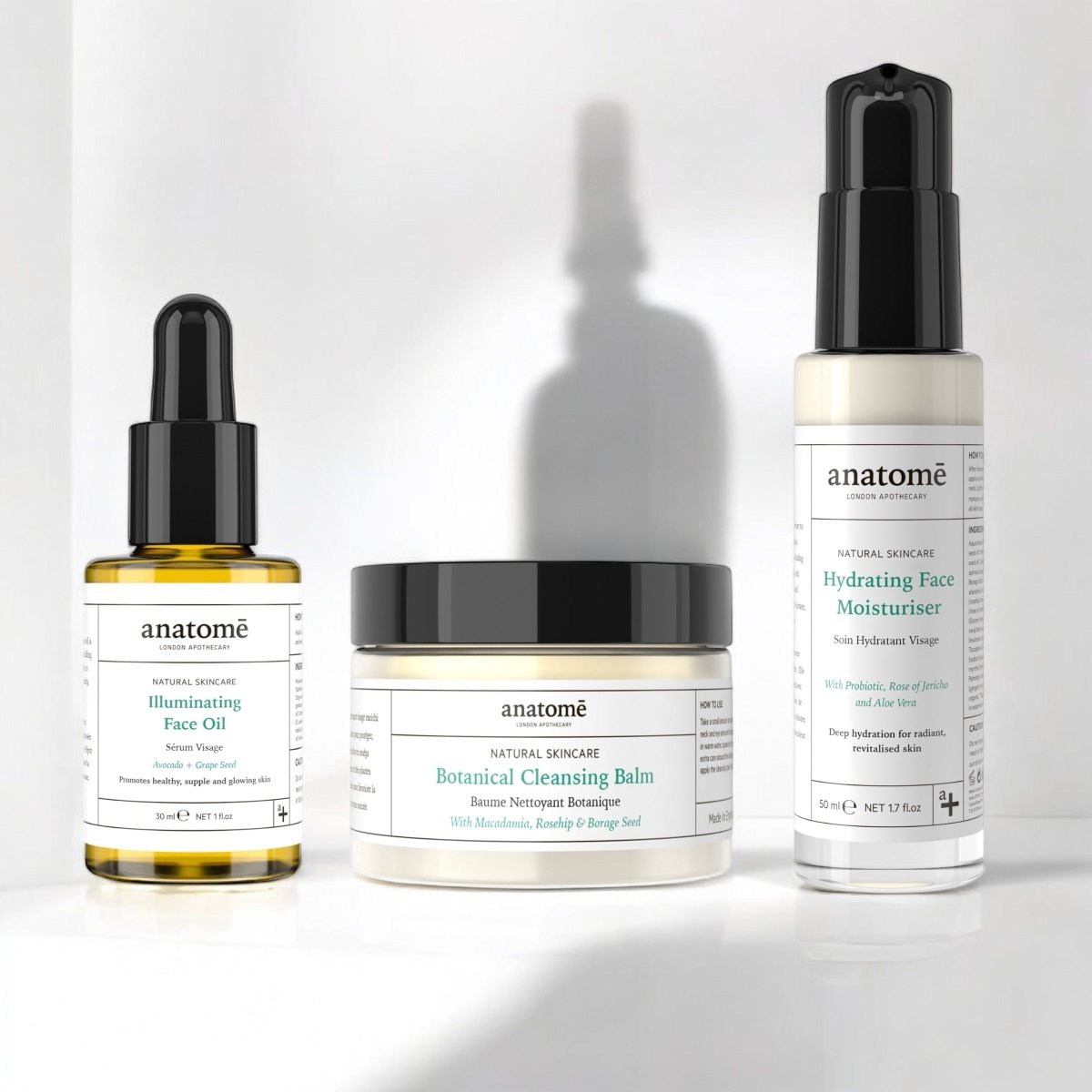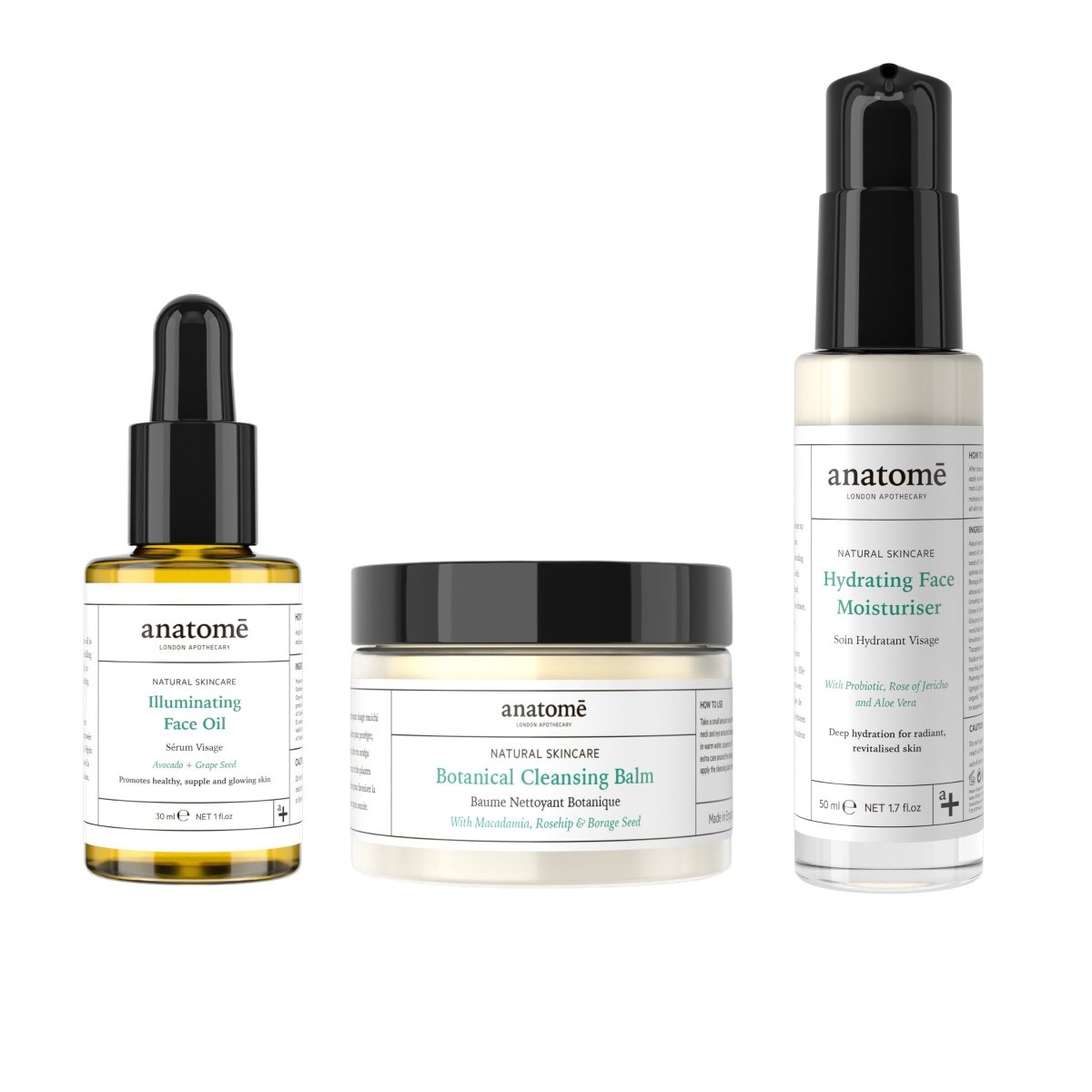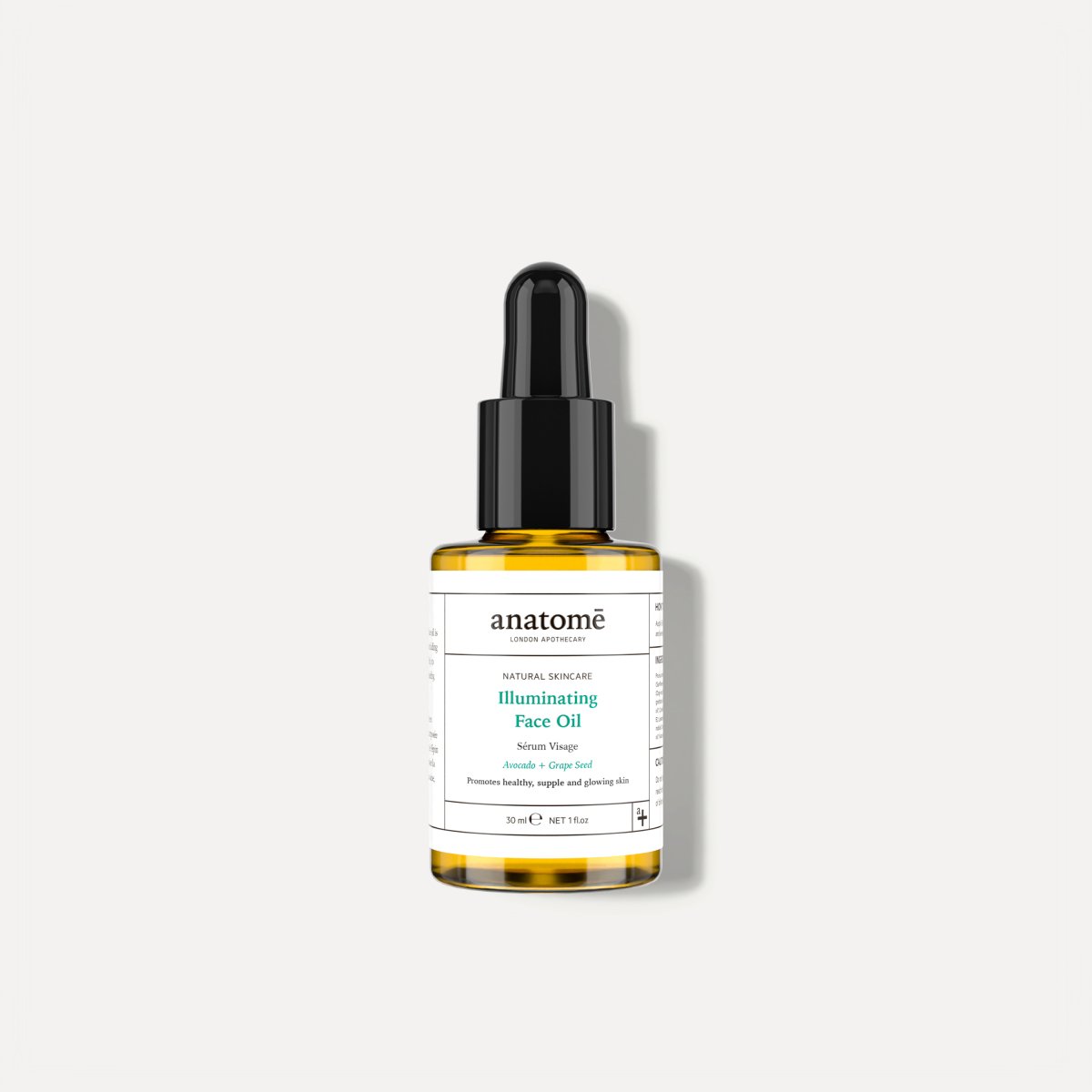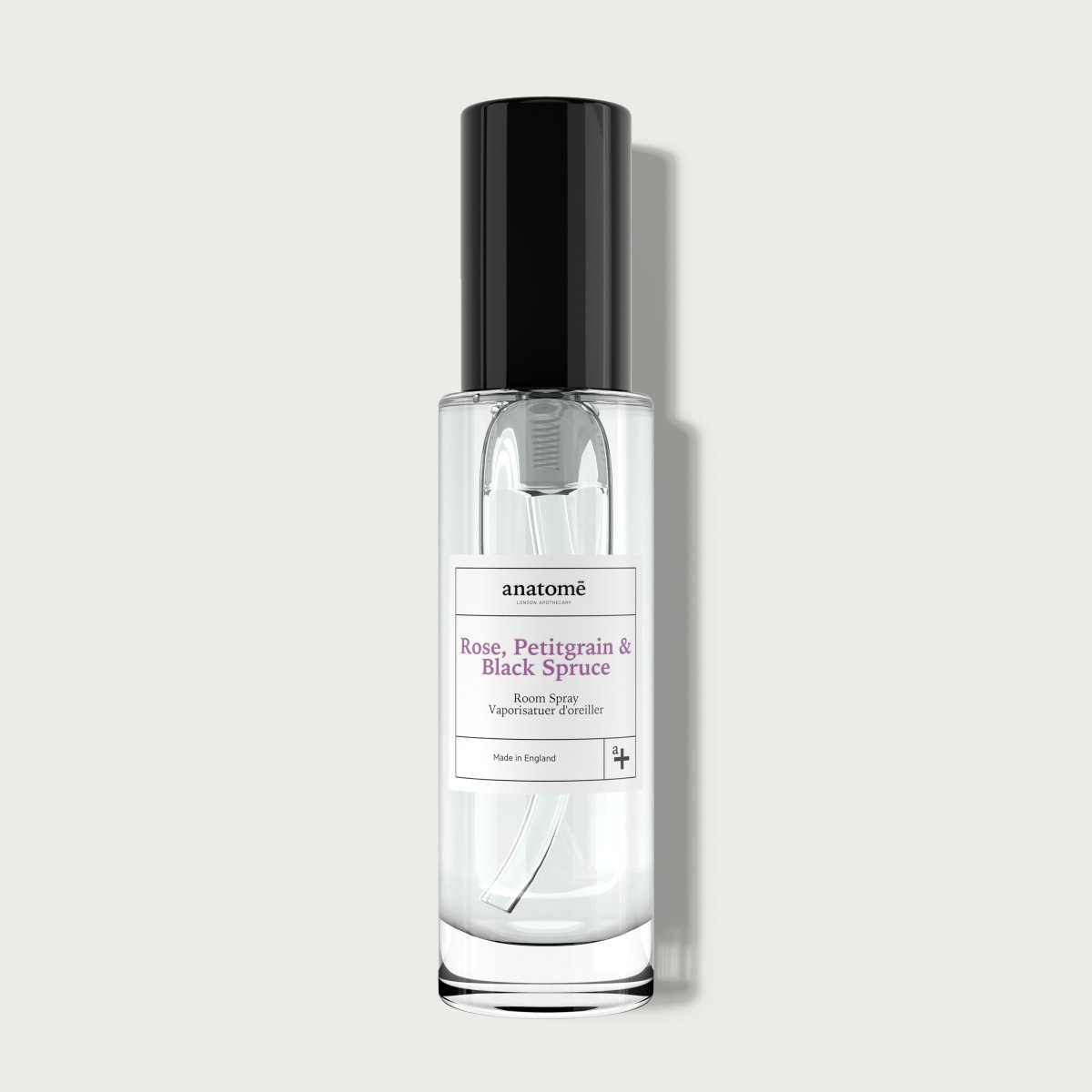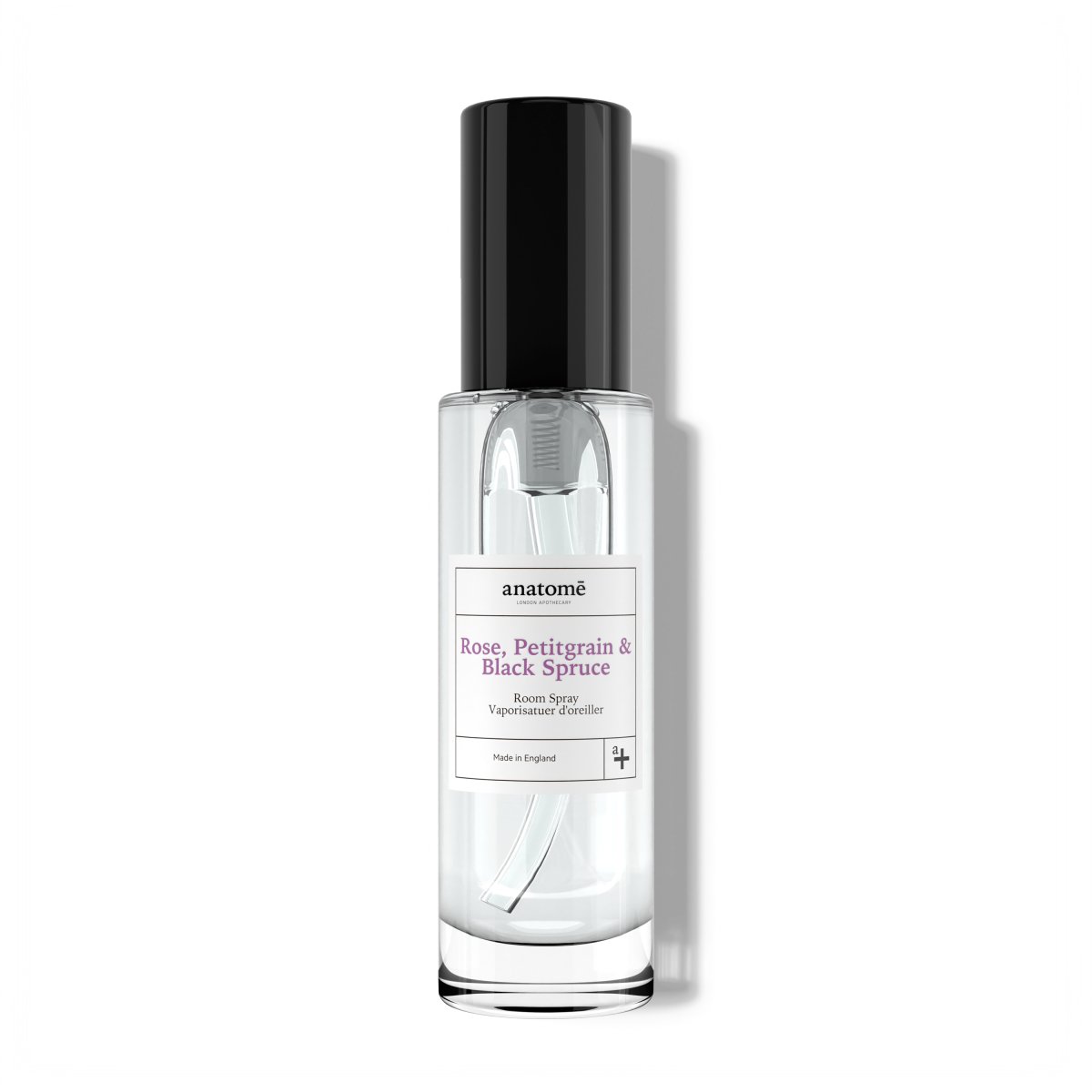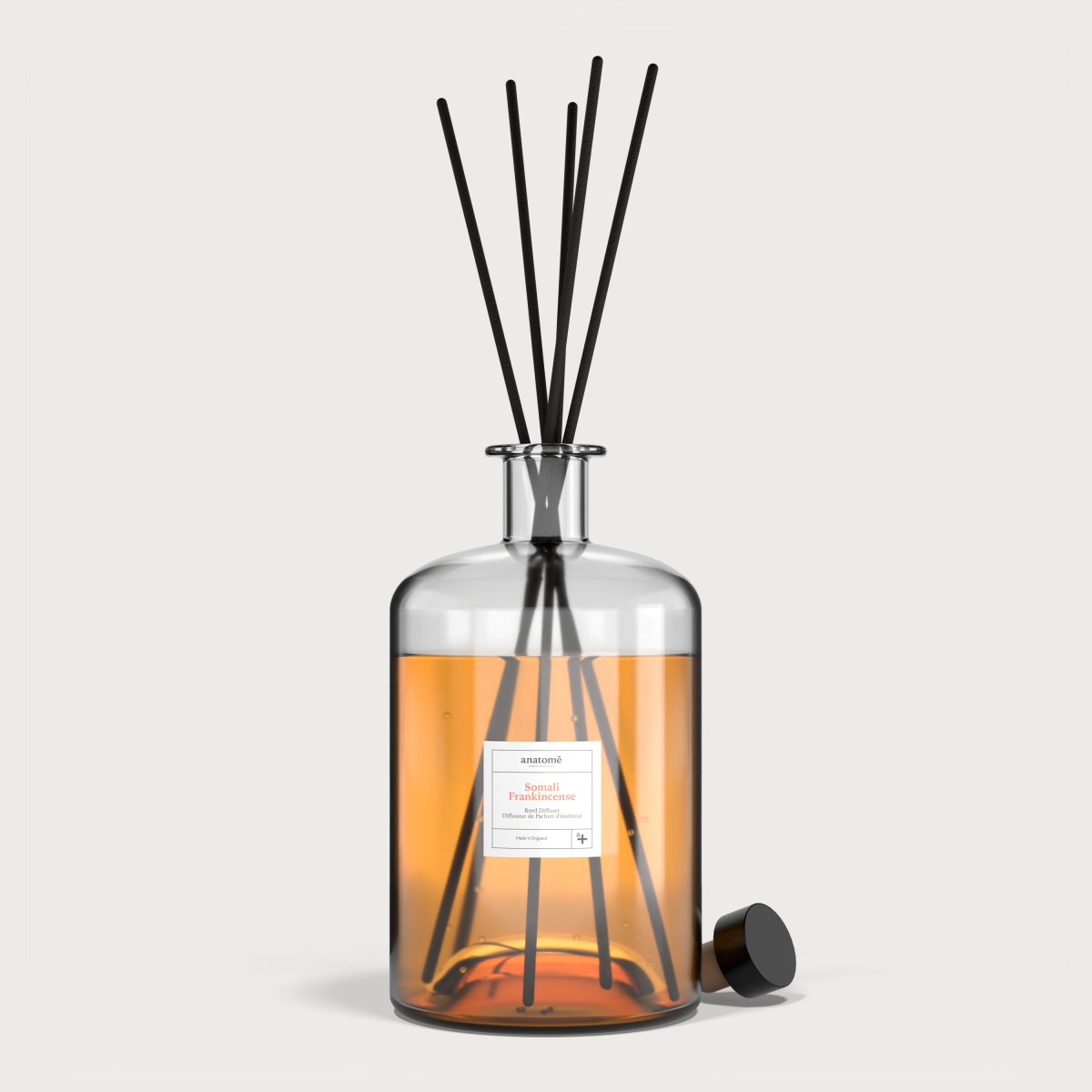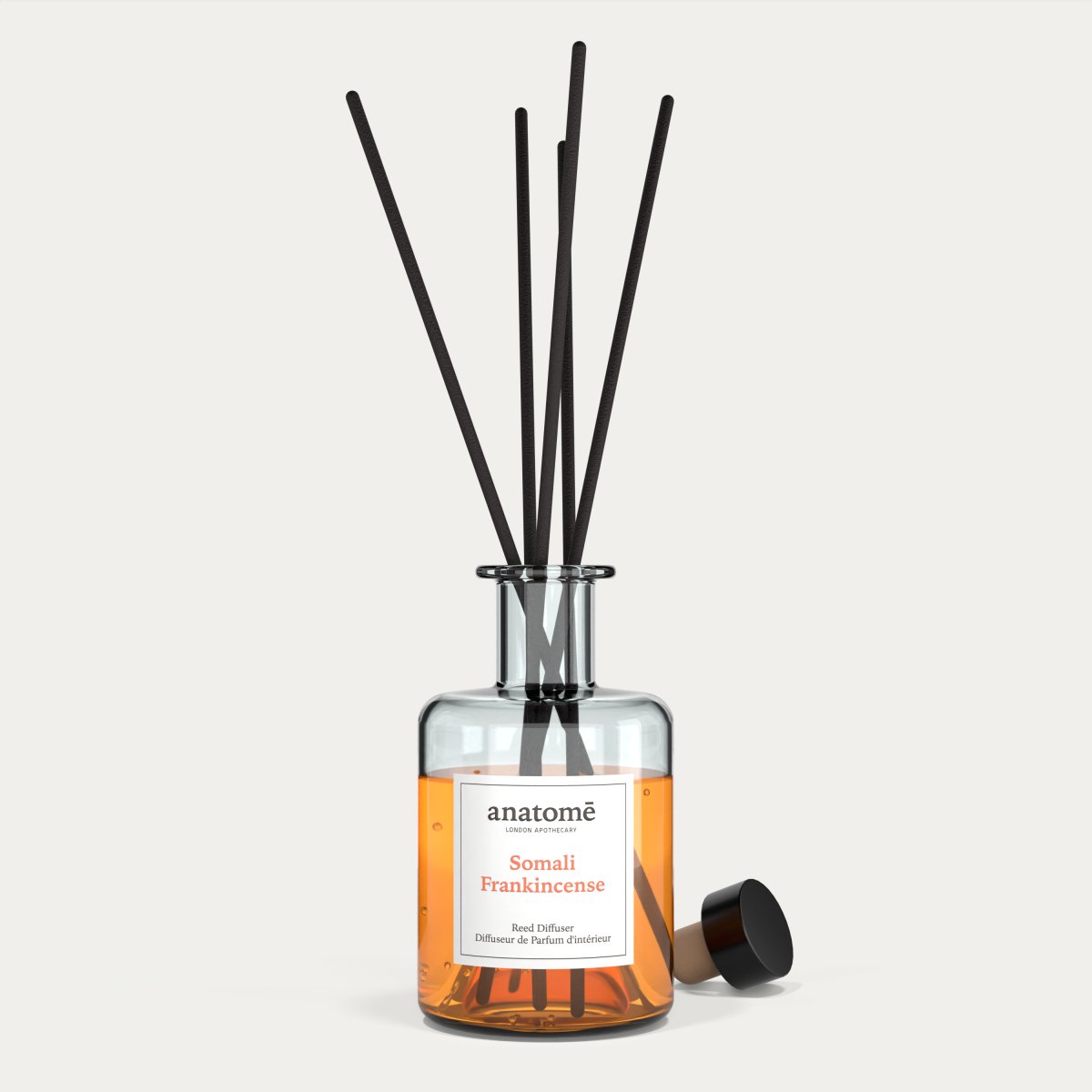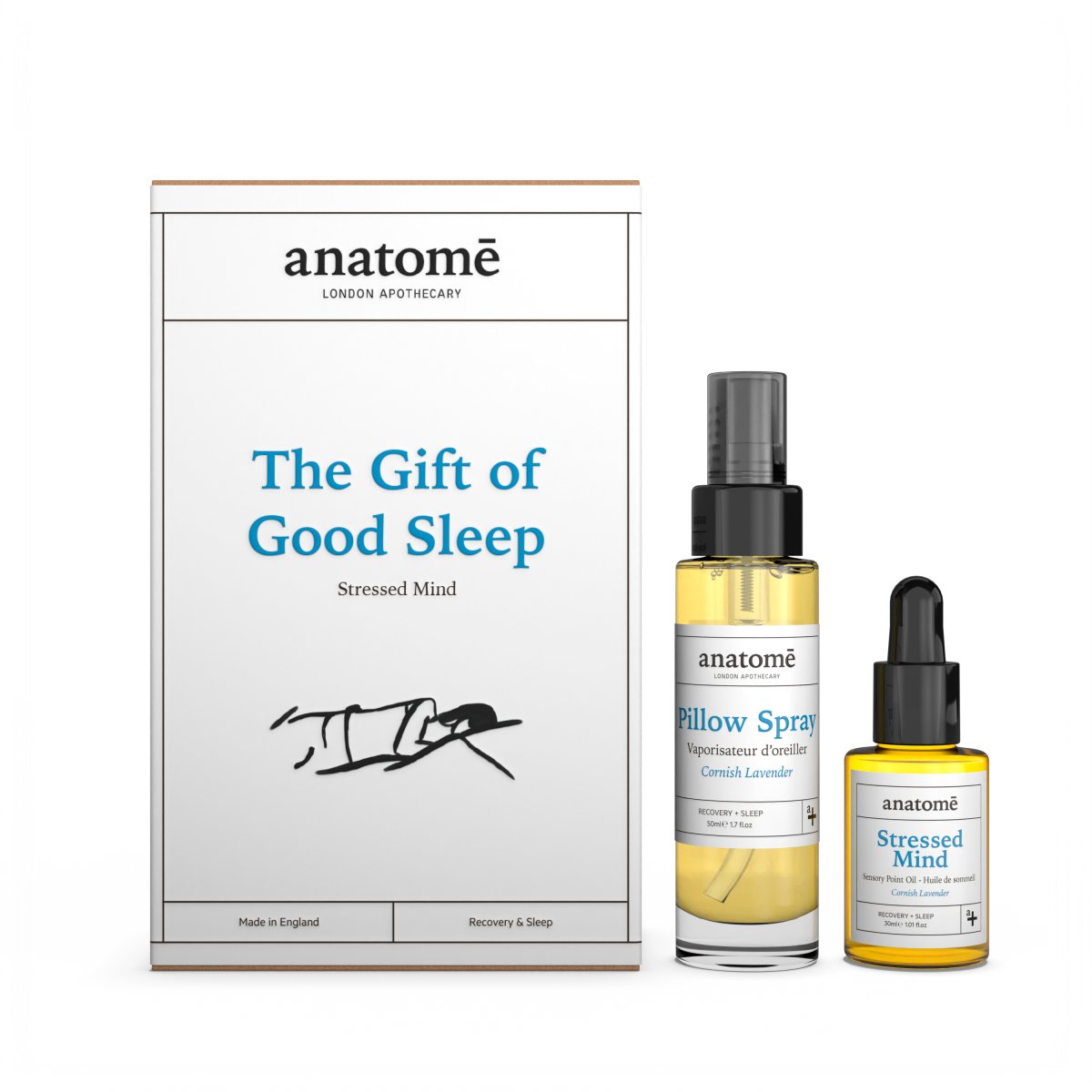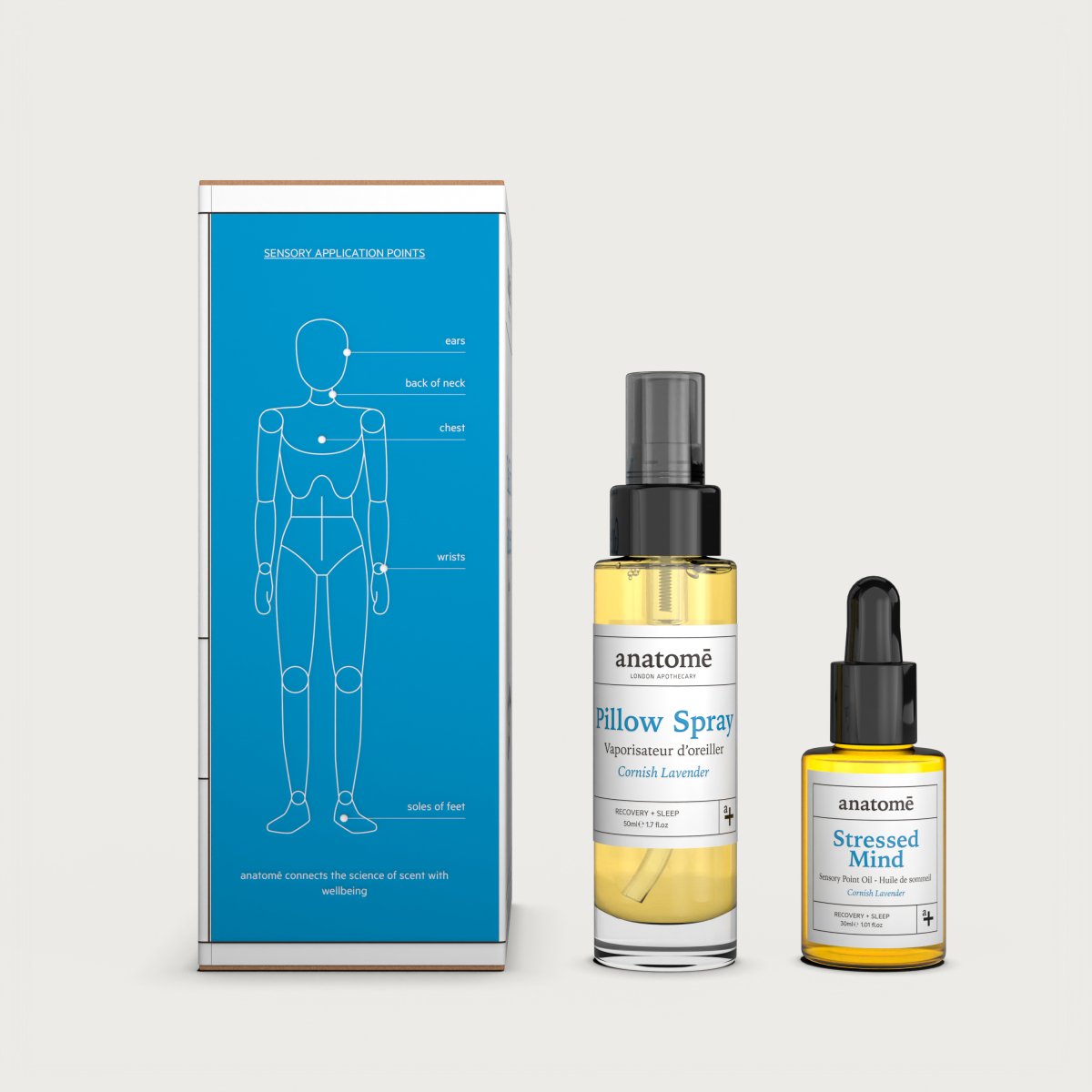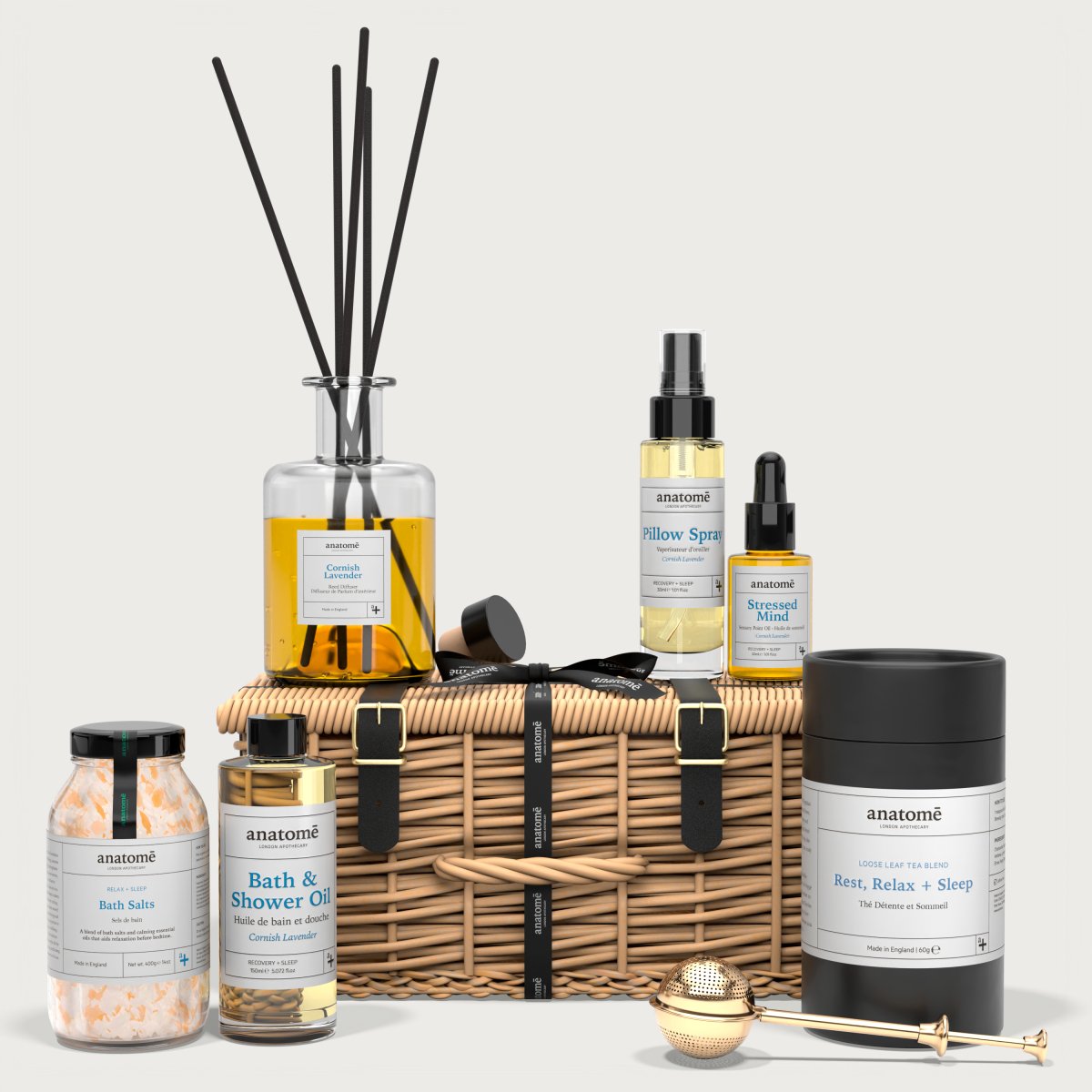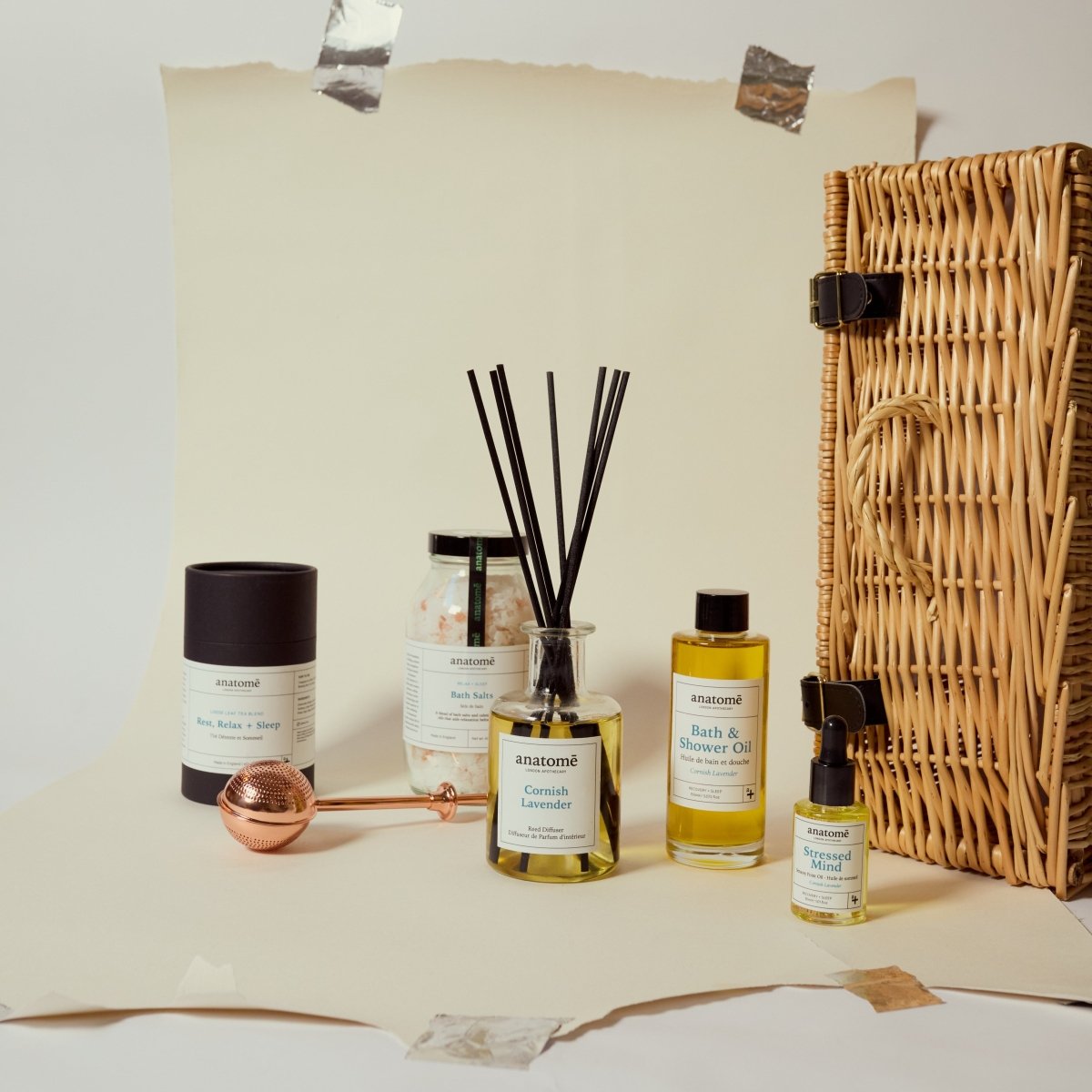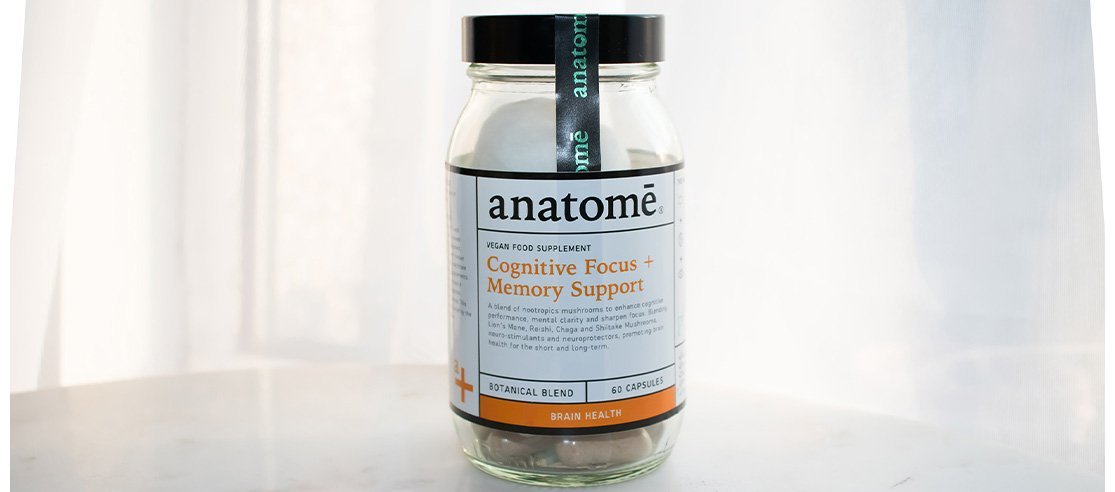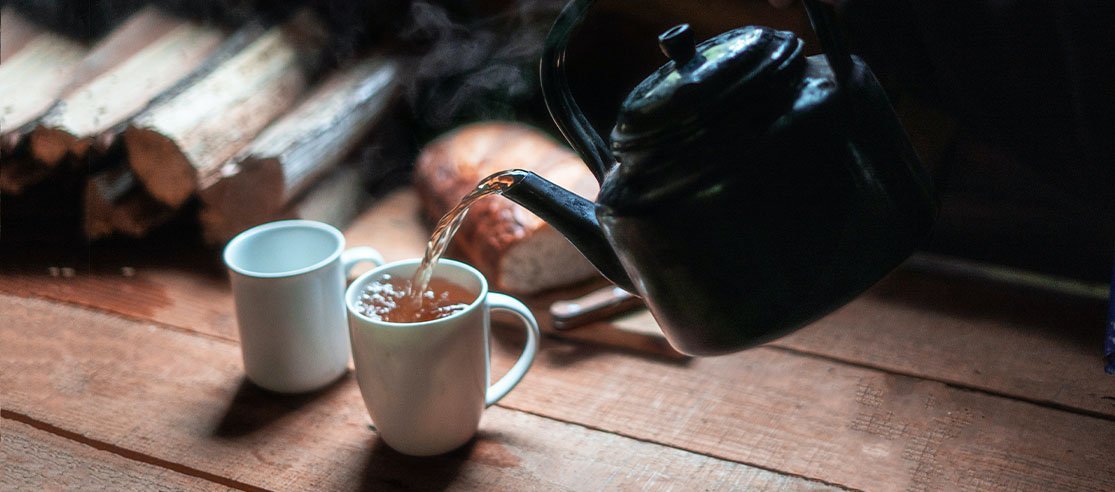
The benefits of drinking herbal tea
Herbal tea has a long, global history as a spiritual and medicinal element of many different healing and recovery practices (1). Because it can be brewed with almost any botanical ingredients, such as herbs, roots, bark and leaves, it has a wide variety of uses and applications worldwide.
Benefits of herbal tea include:
- Anti-inflammation – Chamomile tea, in particular, is known for its anti-inflammatory properties (2).
- Relaxation – Because herbal teas aren’t made from the Camellia Sinensis like other tea varieties, they don’t contain any caffeine, giving them an inherent calming effect.
- Digestive health – Many herbal teas can aid in combating nausea, indigestion and other troubles with your digestive system, making them an excellent choice for an after-meal beverage (4).
- Immune support – Some natural herbal ingredients work towards supporting your immune system, so your body can fight off illnesses more quickly and keep you feeling healthy (5).

Key ingredients:
Our Recovery + Sleep Tea contains a blend of chamomile, lemon balm and passionflower top notes with other tasty and fragrant ingredients, all botanicals containing beneficial properties for relaxing the mind and supporting restful, undisturbed sleep.
- Egyptian chamomile – Commonly known as blue chamomile, this key calming ingredient in our Recovery + Sleep Tea is used in herbal medicine for a sore stomach, skincare, irritable bowel syndrome and gentle sleep aid (6).
- Lemon balm – Another critical element, lemon balm, is known to be uplifting and useful in stress management, making the oil a powerful calming and mood-improving agent (7). Studies have also shown that lemon has a positive effect on reducing blood pressure (8).
- Passionflower – Steeped in tea, passionflower extract is proven to boost GABA levels in the brain and nervous system, resulting in relaxation, better mood and better sleep (9).

Get the most out of your Recovery + Sleep Tea:
In a study done by King’s College London, one of the most prevailing factors of poor sleep is stress (10). With our Recovery + Sleep Tea, we blended carefully selected ingredients to help relieve stressors before bed.
Intentionally setting aside time to wind down and decompress can feel inconsequential amid our busy lives and daily stresses. However, establishing a bedtime routine is vitally important to creating healthy sleep habits in the long term.
Practising good sleep hygiene, a set of science-backed practices designed to support sound, healthy sleep habits, can help prevent you from feeling foggy in the morning (5).
Waking up and falling asleep at the same time each day, taking a warm bath, unplugging your electronics and utilising products to support your sleep are all instrumental in creating the right nighttime routine for you. Having a warm cup of our caffeine-free tea in tandem with Anatomē’s other sleep products can help create the best sleep conditions.

How to make the perfect cup of tea:
Herbal teas steep best in much hotter water, allowing all the delicious flavours and beneficial properties to infuse. To enjoy our Recovery + Sleep Tea, simply add one teaspoon of our loose blend per 200 millilitres of 97 – 100 degree water and leave to steep for three to five minutes. Like your tea a little sweeter? Add a tablespoon or two of our honey for an evening treat.
References:
- https://fullleafteacompany.com/pages/what-is-herbal-tea#:~:text=The%20earliest%20verbal%20record%20of,a%20%E2%80%9Ctisane%E2%80%9D%20in%20Europe.
- https://www.ncbi.nlm.nih.gov/pmc/articles/PMC2995283/
- https://www.healthline.com/nutrition/tea-for-digestion#TOC_TITLE_HDR_2
- https://www.ncbi.nlm.nih.gov/books/NBK92775/
- https://www.nccih.nih.gov/health/chamomile
- https://www.healthline.com/health/lemon-balm-uses#menstrual-cramps
- https://www.ncbi.nlm.nih.gov/pmc/articles/PMC7020168/
- https://www.healthline.com/health/anxiety/calming-effects-of-passionflower
- https://www.kcl.ac.uk/policy-institute/assets/How-the-UK-is-sleeping-under-lockdown.pdf

